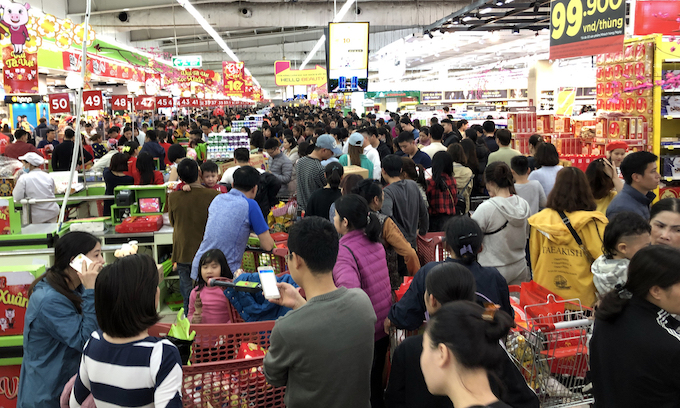
When being compared to the USA’s stock markets, China’s markets are fairly young. Even though the Shanghai Stock Exchange (SSE) dates back as early as the 1860s, it was in fact closed down in 1949, then reopened only in 1990, with the mission to create a reliable, efficient and transparent marketplace. The Hong Kong Stock Exchange was also founded in the late 1800s, it wasn’t until the mid-1990s that it started listing the largest Chinese state-owned enterprises.
The USA’s stock market, in comparison, can be dated back to the late 1700s, meaning that it’s over 200 years old. The New York Stock Exchange (NYSE) originated on Wall Street in 1792 and since then, many more stock exchanges have derived in the US.
The stock exchanges and their role on the economy
The USA’s stock exchanges play a significant part in their economy, which isn’t the case as much in China, due to it being a lot younger. While companies in the US rely on equity financing, corporations in China often look to the likes of bank loans.
Around 52% of the US population owe part of their wealth to equities, while in China it is roughly only 7%, with bigger proportions of their investments going into property and wealth management products, for example.
With less people owning stocks in China, they aren’t as at risk of having to suffer from the ups and downs in the markets. However, it has been suggested that retail investors there do not put enough focus on their long-term investments, instead choosing to chance their wealth. If China strives to grow its stock markets and attract professional investors, it is going to have to change the opinions of those comparing it to a ‘crazy casino’.
Coronavirus and the financial markets
The ongoing pandemic has naturally had a dramatic impact on the global stock markets, disrupting worldwide economic activity. Since the outbreak, the markets have suffered huge losses: more than 30 million people in the US have filed for unemployment benefits, the Dow Jones Industrial Average has seen a significant fall and US oil prices turned negative for the first time. In China, retail sales plummeted 20.5% year on year in January and February, and with their factories being unable to run, they have also been heavily affected by a supply shock. Equity markets have fallen, and the drop in these prices has lowered household wealth in the US to a huge extent.
With no confirmed end date to the pandemic, there is still some uncertainty when it comes to both the US and China’s economic future. Will the economy be able to snap back once the restrictions on activity have been lifted?